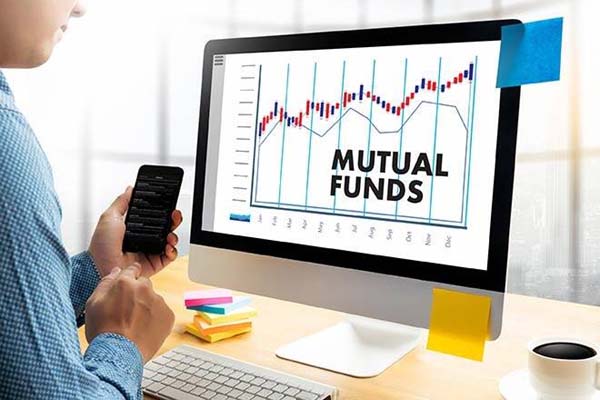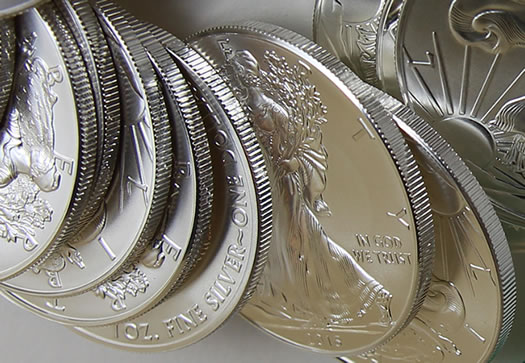Mutual Funds
How Safe are Mutual Funds Investments

Safe Investments – The Types of Mutual Funds You Should Invest in
One of the most important questions that you will have to ask yourself when investing in a mutual fund is, what type of safety level you want. In this article, I will give you an overview of the types of investment that mutual funds offer. Then I will explain how safe they really are.
This is the safest type of investment available. It is very secure, but it can be risky as well. This type of investment will not pay out much if any profit is lost. Since the only people that stand to gain from such an investment are the fund managers, it can be dangerous for the people who do invest it. If the manager should lose the fund and no one was to benefit, there will be no way to pay back the investment.
Another type of investment that many people consider safe is money market funds. They are also riskier than bonds or other stocks. Because they are backed by the U.S. government, they are not as likely to lose value. Because it is backed by the government, they are considered safer because there is a lower risk of default. But, the government does not make much money on its investments.
Some people believe that stocks are more secure because they are listed on the stock market. However, the U.S. government is unable to make money from its investments since it cannot collect taxes from people who own stock. Although the stock market is one of the largest markets in the world, the government cannot collect any interest on stocks.
The money market mutual funds that you see in most financial planning offices are actually investment grade bonds. Since they are issued by the government, they are considered safe by most people. The risk is much less since the risk of losing the funds is significantly reduced.
Stocks and bonds are considered to be risky investments because the value will go down if there is a recession or a sudden drop in the economy. They may not always be able to pay out their principal back, which is why they are called a high-risk form of investment.
Mutual funds are the only type of investment that is 100% secure. You cannot lose your money in this type of investment no matter what happens to the stock market or the country. It is backed by the U.S. government. You can never lose your money with this type of investment.
So, now that you know the answers to your question about the different types of investments available, you need to determine which one is safe for you. and which one is not. Do your research and find out which one is the best.
You should not invest in anything that you do not fully understand. Investing is not a game of chance. Before you invest any money, you should carefully think about the risks and rewards you will be receiving.
The main reason that most people are scared off from investing is because they do not know how safe are mutual funds investments. It could be a good idea for you to learn about these investments before you even decide to invest. Even though you may have to spend some time learning about these investments, the results will be worth it. because it could mean the difference between having a great investment portfolio or a terrible portfolio.
When searching for the best mutual funds, you want to take some time and research. different companies. There are several reputable companies that offer a variety of mutual funds that will suit your needs.
The good thing about investing is that you can take out an insurance policy with them so that if you make a mistake and lose your money, they will pay you for it. If you don’t pay out, you just have to learn how to manage your money better and keep your money at home.










